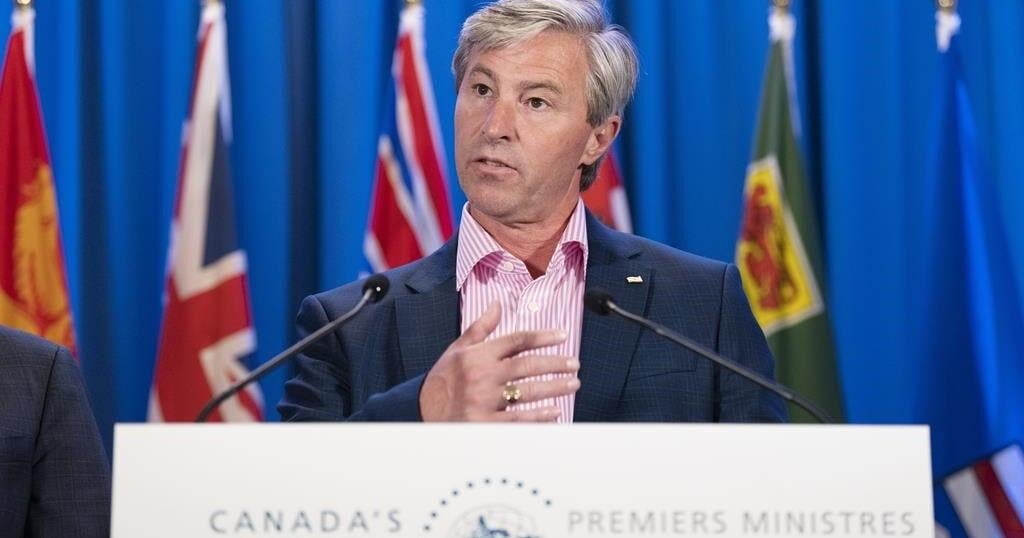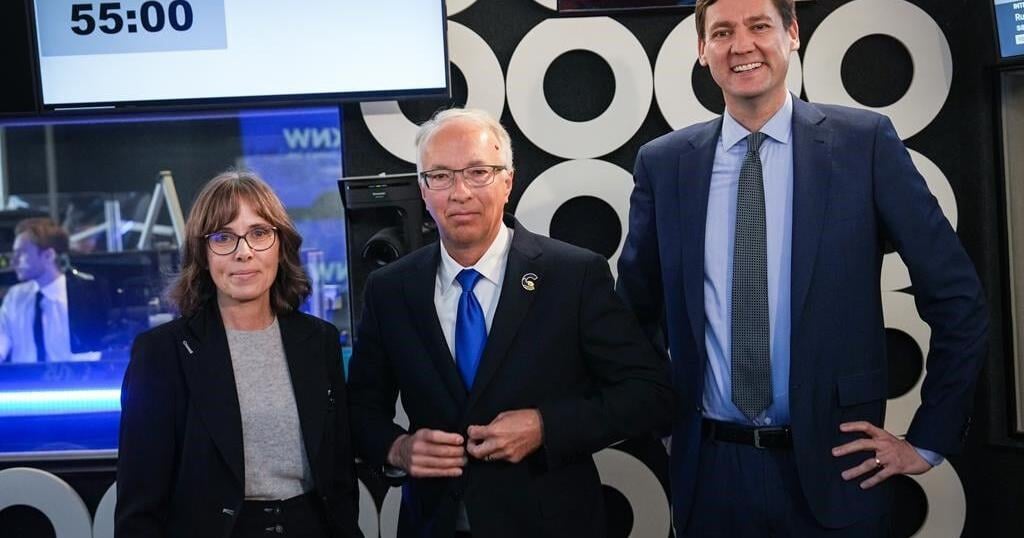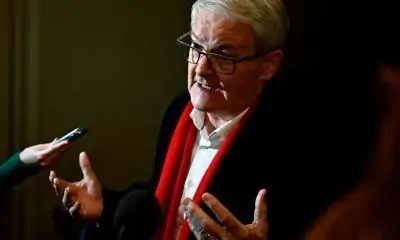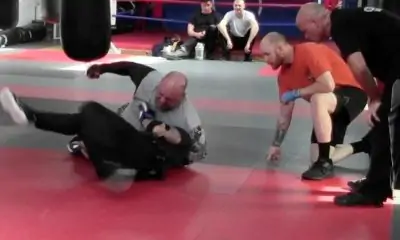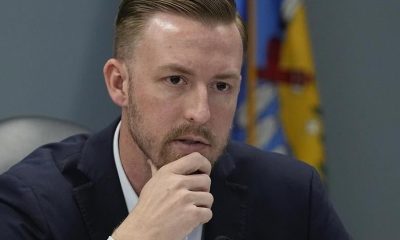HALIFAX – A new program to more quickly integrate internationally trained doctors into Nova Scotia’s health system is set to begin in the new year.
Premier Tim Houston announced Tuesday that a new Halifax-based clinic will assess the skills of international medical graduates while the foreign recruits provide primary care to about 2,500 patients. The program, he said, will significantly cut the assessment time for prospective candidates to about 12 weeks from the current 18 months.
“This we believe will be very appealing to the people we are trying to recruit to Nova Scotia,” he said. “All of this means Nova Scotians will get the primary care access that they need and physicians will have their education and skills assessed in a practical manner.”
Graduates of the program will receive a licence to practise in Nova Scotia and will be required to sign an agreement to work at least three years in the province.
Houston said that once the assessment program is fully expanded, it will issue about 45 licences a year, compared to the 39 that were issued over the last five years to internationally trained doctors.
The new clinic is the result of a partnership between the province, the College of Physicians and Surgeons of Nova Scotia, and the Medical Council of Canada, the latter of which will provide training and accreditation for doctors who will become competency assessors.
“The assessment clinic will be the first of its kind in North America,” said Dr. Gus Grant, registrar and CEO of the college of physicians. “This clinic will open the door wider for physicians to be assessed for licensure, but it will not lower the bar of competence or quality that we require of our physicians.”
To qualify to work in the assessment clinic, candidates must have a recognized medical degree, two years of postgraduate training, a proficiency in English, and must have trained or practised in medicine within the last three to five years.
Grant said that for too long, internationally trained doctors have been forced to either go through a period of retraining or write examinations that are often designed for new medical graduates — something he called the “wrong tool for the job” in assessing mid-career physicians.
“The right tool for the job is workplace-based assessment, and we are confident that direct observation by trained, skilled physician assessors working together will be an effective way to identify and evaluate competence,” he said.
Grant said it will take time for new medical schools, such as the one slated for Cape Breton University, to increase the flow of new doctors into the system. He said in the meantime, the immediate short-term source of competent physicians is found outside the country.
The provincial health department says 28 per cent, or 52 of the 185 new doctors who began practising in Nova Scotia in the 2023-24 fiscal year were recruited internationally.
“Already 34 per cent of Nova Scotia’s physicians did some or all of their training outside of Canada,” Grant said. “It’s in the public interest to take bold steps to find more physicians, provided they are safe and competent.”
At a cost of $7.4 million, plans are for the new collaborative primary care assessment clinic to begin accepting patients in early January with two physician assessors supervising four international medical graduates. A larger clinic is to be built sometime in 2026 that will eventually assess up to 45 physicians a year and care for as many as 6,400 patients.
This report by The Canadian Press was first published Oct. 8, 2024.

